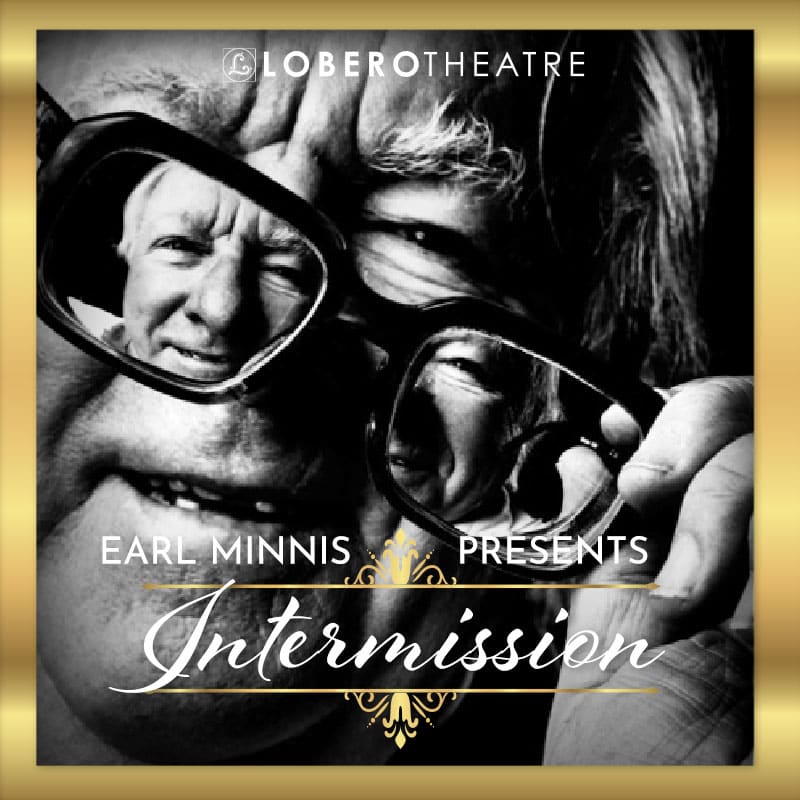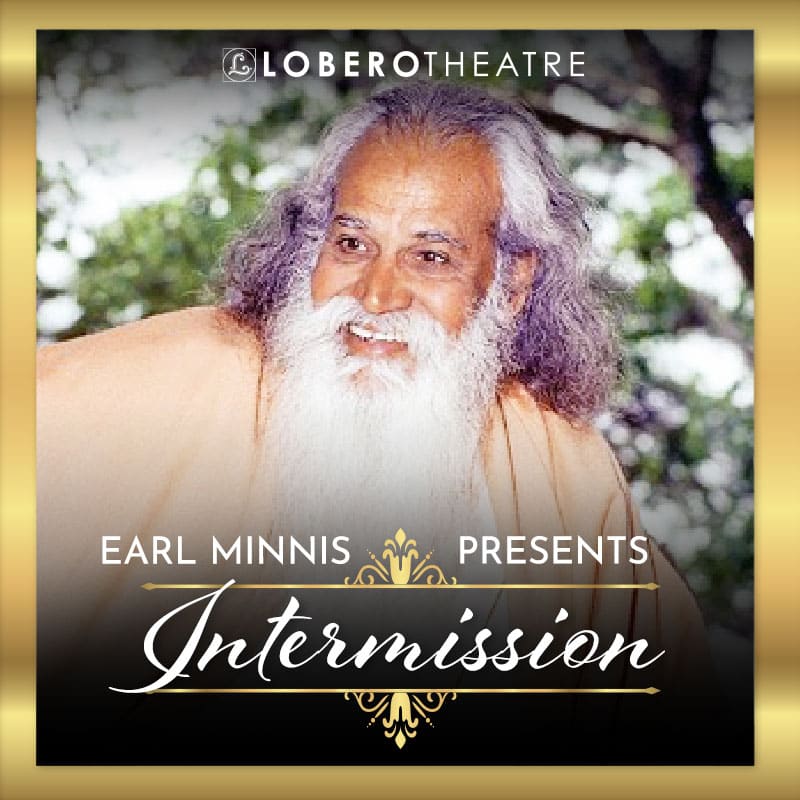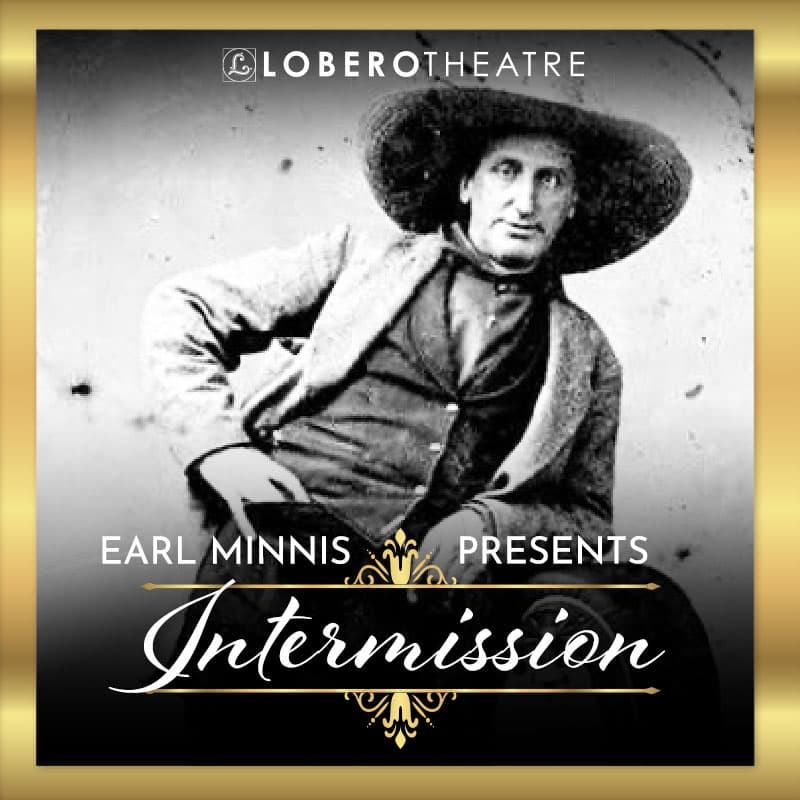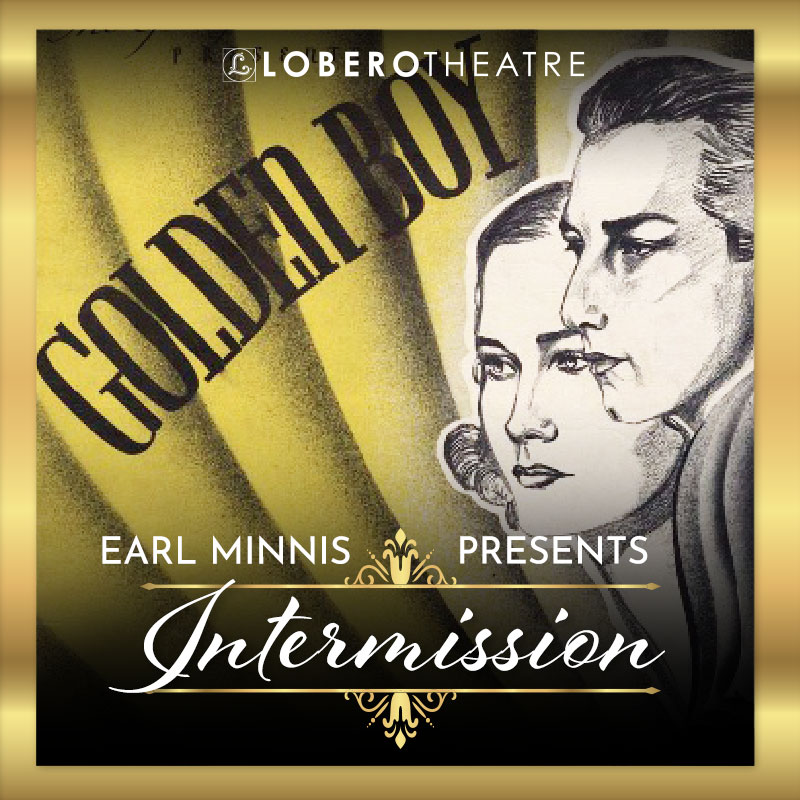It must have seemed like a good idea at the time. Invite Ray Bradbury – celebrated science fiction author and provocateur of the imagination – to speak at the Lobero’s Mind and Supermind series in January 1982.
But the evening got off to a rocky start when Bradbury recited poetry and accused the audience of being too pessimistic about the state of the world. This led to the audience taunting and Bradbury shouting invectives and dozens of angry theater-goers storming out of the Lobero.
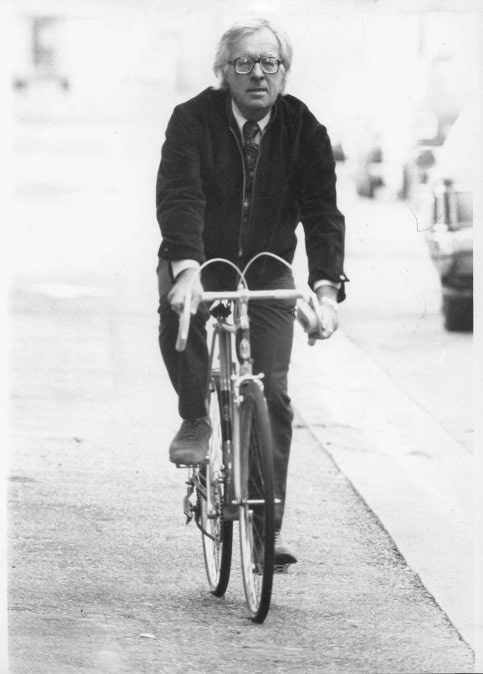
Summing up the chaotic evening, series moderator Edward Crowther said, “That’s Bradbury.” Having a few dozen audience members head to the exits wasn’t really a problem, Crowther claimed. “After all, hundreds stayed.”
Ray Bradbury was born in 1920 in the small town of Waukegan, Illinois. As a young boy, he was enamored by comics, fantasy, and early science fiction pulp magazines. When he was 12 years old, Bradbury had an experience that surely counts as one of the greatest career origin stories ever.
At the end of a long, hot summer, a traveling circus came to town. One of the performers was Mr. Electrico, who sat in an electric chair and was given a 50,000-volt shock. “Lightning flashed in his eyes and his hair stood on end,” Bradbury wrote. Mr. Electrico then reached his sword out towards the audience and laid it on young Bradbury’s forehead. As the boy felt a jolt of electricity, Mr. Electrico whispered in his ear, “Live forever.” “I felt changed,” Bradbury later told The Paris Review.
“He gave me importance, immortality, a mystical gift. My life was turned around completely. It makes me cold all over to think about it, but I went home and within days I started to write. I’ve never stopped.”
Ray Bradbury wrote for 70 years and was the author of 27 novels and short story collections. His most famous work was his 1953 novel Fahrenheit 451. Fahrenheit 451 (the temperature at which paper ignites and burns) was set in a near-future totalitarian society where books were outlawed and burned by firemen. One fireman begins to read in secret and discovers an underground resistance who is committed to saving, by memorizing, all the great works of literature. In 1966 the story was adapted into an acclaimed film directed by Francois Truffaut and starring Julie Christie and Oskar Werner.
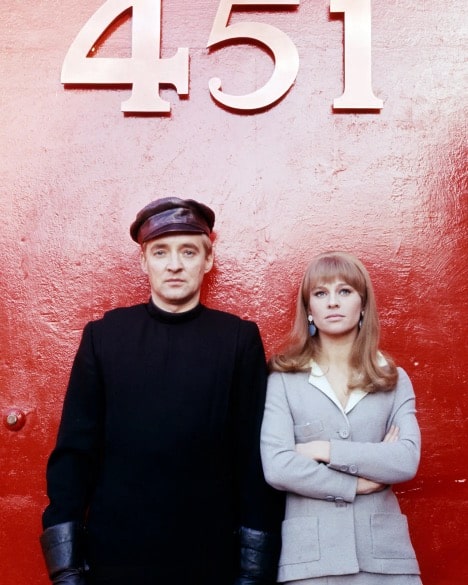
For being such a renowned futurist, Bradbury’s personal life was decidedly old-fashioned. He never learned to drive, hated computers and the internet, and wrote all of his works on manual typewriters. Famously, Bradbury wrote Fahrenheit 451 on a basement typewriter at the UCLA library – which cost $.20 an hour to rent and had to be fed dimes. He figured it cost him $9.80 to finish the novel.
Ray Bradbury was famous for his infectious optimism and charismatic stage presence. In 1972 he had been recruited by his friend Barnaby Conrad to serve as the opening-night speaker at the Santa Barbara Writers Conference – and ended up performing this role for 34 years. Bradbury would encourage aspiring writers to find inspiration in their imaginations. “What if…?” was his trademark prompt.
In January 1982, Ray Bradbury must have seemed a logical choice to feature on Mind and Supermind. The long-running Santa Barbara City College series held at the Lobero Theatre featured on-stage interviews with thought-leaders in the Mind, Body, Spirit, and self-actualization movements. The subject for Bradbury’s interview with host Edward Crowther was “The Invisible Revolutions in Our Society.”
The evening started innocently enough, but Bradbury seemed to alienate theatergoers with his recitals of poetry and off-topic answers to the genial Mr. Crowther’s questions. Not too long into the interview, Bradbury accused the audience of not appreciating their fortunes in being alive at that time and place. “We all think our time is the worst time that ever was. Of course, this is not true. We are a better time than all the other times. If this were 1920, exactly one-half of you would be dead, gone, forgotten! I went to a graveyard in my hometown three years ago and went to see the grave of my sister, buried in 1927, and my brother, in 1918, during the great flu epidemic. If you had been born during those years, fifty percent of you would be dead tonight.”
At this point, some audience members audibly grumbled. Others yelled at Bradbury to stick to the topic of the evening’s talk – the inner revolution. “You’re alive,” Bradbury yelled. “That’s the revolution. For Christ’s sake, pay attention to it! You get out in your society and pay it back for the gift of being alive.” This response only fired up the taunting between the audience and stage, and it wasn’t long before some ticket buyers rose from their seats and headed to the exits.
As columnist Barney Brantingham reported in the next day’s Santa Barbara News Press, “The packed house at the Lobero that turned out to hear author Ray Bradbury wasn’t so packed after he spouted a shocking expletive – and an estimated forty or fifty people stalked out Monday night. Even before Bradbury told a heckler to “F—off!” the audience was already getting restless, witnesses said. Seems that Santa Barbarans braved a cold, rainy night to hear Bradbury open the Mind and Supermind psychological adult education series but found that he rambled off into such areas as the world and domestic politics, a reliable source told me. But when Bradbury silenced a heckler with the two-word putdown, some in the audience muttered, “That’s enough,” and plunged out into the night.”
A few weeks later, Bradbury sent an apology letter to the event’s organizers and promised to return to the Lobero in the future. While he continued to make annual appearances at the Santa Barbara Writer’s Conference at Montecito’s Miramar Hotel, Ray Bradbury did not return to the Lobero stage until October 11, 2009. Wheelchair-bound and speaking with a faltering voice after having suffered a stroke, Bradbury captivated a full-house with the backstory to the writing of his masterpiece Fahrenheit 451.
Sources
- Wikipedia: Ray Bradbury
- LA Times: Ray Bradbury Obituary
- NY Times: Ray Bradbury Obituary
- The Santa Barbara News-Press
- Ray Bradbury Uncensored! The Unauthorized Biography
